News
- 2023-12-07: Congrats to Leo; his paper on ExChain was accepted to NSDI 2024!
- 2023-08-21: Vasu Vikram received the CyLab Presidential Fellowship. Congratulations, Vasu!
- 2023-07-18: The Mu2 paper won an ACM SIGSOFT Distinguished Paper Award! Congrats to Vasu, Bella, Leo, Nicole, Kelton, and Raffi.
- 2023-05-19: Rafaello Sanna will be joining Harvard for a PhD. Congrats, Raffi!
- 2023-05-10: Bella Laybourn will be joining Apple in the iOS test engineering team.
- 2023-05-08: Congrats to Vasu, Bella, Leo, Nicole, Kelton, and Raffi: their Mu2 paper was accepted to ISSTA 2023!
- 2023-04-20: Palash released the Linux Kernel enriched corpus and completed his Master's thesis at INI. Congrats, Palash!
- 2022-05-29: Bella Laybourn received the second prize at the ACM Student Research Competition at ICSE 2022. Congratulations, Bella!
- 2022-04-04: Ben Gafford was offered the NSF Graduate Research Fellowship. Congrats, Ben!
- 2022-04-01: Hita Kambhamettu will be joining UPenn for a PhD. Congrats, Hita!
- 2022-03-25: John Billos was awarded the Goldwater Scholarship. Congrats, John!
- 2022-03-08: Congrats to Hita, John, Tomi, and Ben: their paper on the naturalness of fuzzer-generated code was accepted to MSR'22.
Members
Current

Rohan Padhye
Faculty & Principal Investigator

Ao Li
SE PhD Student
(since 2020)
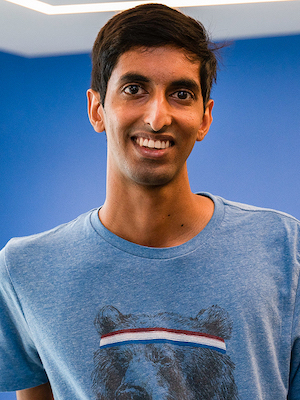
Vasu Vikram
SE PhD Student
(since 2021)
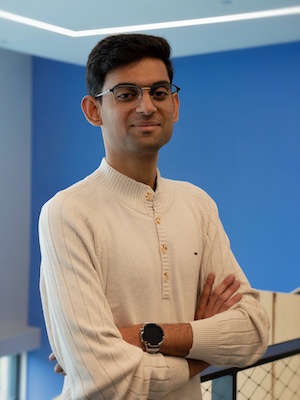
Shrey Tiwari
SE PhD Student
(since 2023)
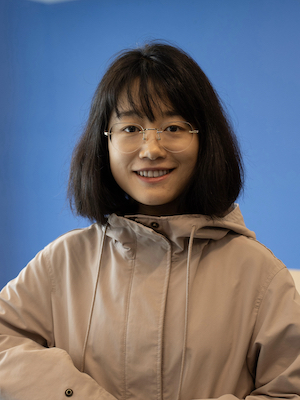
Lirong Yuan
SE PhD Student
(since 2023)

Serena Chen
REUSE Student
(Summer 2024)
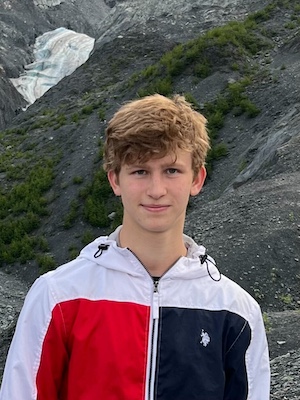
Alexander Joukov
REUSE Student
(Summer 2024)

Peter Vandervelde
REUSE Student
(Summer 2024)
Alumni
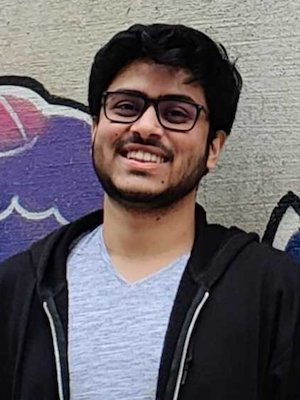
Samvid Dharanikota
Research Associate (MSIN '22, RA '23)

Bella Laybourn
Undergraduate Researcher
(graduated 2023; now at Apple)
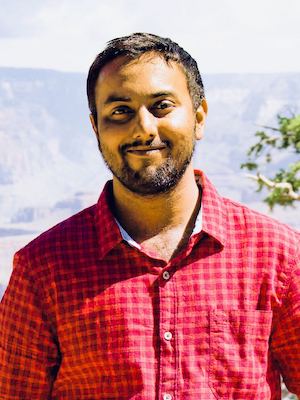
Palash Oswal
MSIS-IT Thesis
(graduated 2023)

Daniel Verdi do Amarante
REUSE Student
(Summer 2022)
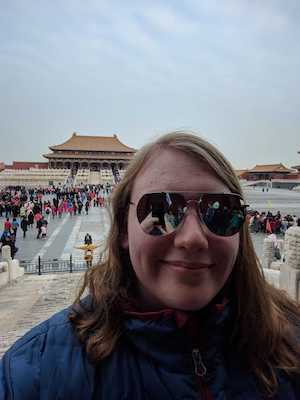
Kelton OBrien
REUSE Student
(Summer 2022)

Nicole Nair
REUSE Student
(Summer 2022)
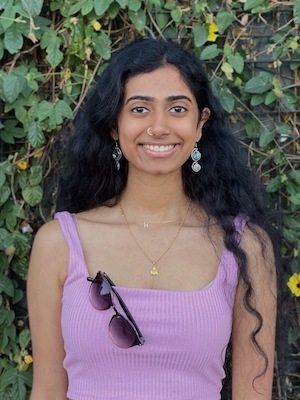
Hita Kambhamettu
REUSE Student
(Summer 2021; now PhD @ UPenn)
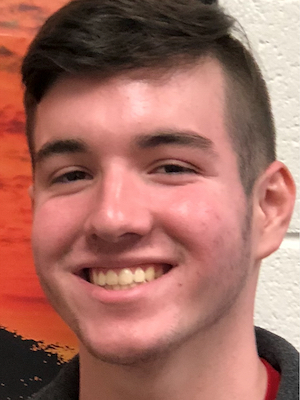
John Billos
REUSE Student
(Summer 2021)
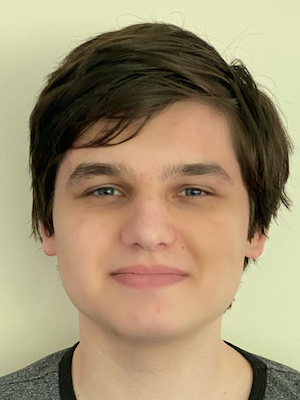
Rafaello Sanna
REUSE Student
(Summer 2021; now PhD @ Harvard)
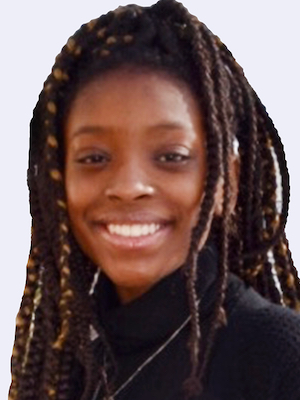
Tomi Oluwaseun-Apo
REUSE Student
(Summer 2021)

Ben Gafford
MS-SE
(Graduated 2022)
Research

Samvid Dharanikota
Research Associate (MSIN '22, RA '23)

Bella Laybourn
Undergraduate Researcher
(graduated 2023; now at Apple)

Palash Oswal
MSIS-IT Thesis
(graduated 2023)

Daniel Verdi do Amarante
REUSE Student
(Summer 2022)

Kelton OBrien
REUSE Student
(Summer 2022)

Nicole Nair
REUSE Student
(Summer 2022)

Hita Kambhamettu
REUSE Student
(Summer 2021; now PhD @ UPenn)

John Billos
REUSE Student
(Summer 2021)

Rafaello Sanna
REUSE Student
(Summer 2021; now PhD @ Harvard)

Tomi Oluwaseun-Apo
REUSE Student
(Summer 2021)

Ben Gafford
MS-SE
(Graduated 2022)
The PASTA group conducts research on Program Analysis, Software Testing, and Applications thereof. We are not afraid of spaghetti code. We often use dynamic analysis and grey-box fuzzing to identify software bugs or achieve other software engineering objectives.
Selected Papers
-
ExChain: Exception Dependency Analysis for Root Cause Diagnosis
Ao Li, Shan Lu, Suman Nath, Rohan Padhye, Vyas Sekar
NSDI 2024 (Publication | GitHub)
-
Guiding Greybox Fuzzing with Mutation Testing
Vasudev Vikram, Isabella Laybourn, Ao Li, Nicole Nair, Kelton OBrien, Rafaello Sanna, Rohan Padhye
ISSTA 2023 (Publication | GitHub)
ACM SIGSOFT Distinguished Paper Award
-
On the Naturalness of Fuzzer-Generated Code
Rajeswari Hita Kambhamettu*, John R Billos*, Tomi Oluwaseun-Apo*, Benjamin Gafford, Rohan Padhye, Vincent J Hellendoorn
MSR 2022 (Publication) [* = equal contribution]
-
Can Large Language Models Write Good Property-Based Tests?
Vasudev Vikram, Caroline Lemieux, Rohan Padhye
(Arxiv Preprint | Online playground)
-
SPIDER: A Practical Fuzzing Framework to Uncover Stateful Performance Issues in SDN Controllers
Ao Li, Rohan Padhye, Vyas Sekar
(Arxiv Preprint)
Ethos
Open Science
Ao Li, Shan Lu, Suman Nath, Rohan Padhye, Vyas Sekar
NSDI 2024 (Publication | GitHub)
Vasudev Vikram, Isabella Laybourn, Ao Li, Nicole Nair, Kelton OBrien, Rafaello Sanna, Rohan Padhye
ISSTA 2023 (Publication | GitHub) ACM SIGSOFT Distinguished Paper Award
Rajeswari Hita Kambhamettu*, John R Billos*, Tomi Oluwaseun-Apo*, Benjamin Gafford, Rohan Padhye, Vincent J Hellendoorn
MSR 2022 (Publication) [* = equal contribution]
Vasudev Vikram, Caroline Lemieux, Rohan Padhye
(Arxiv Preprint | Online playground)
Ao Li, Rohan Padhye, Vyas Sekar
(Arxiv Preprint)
For science to make rapid and sustained progress, we believe that academic research should be made openly accessible, reproducible, and where artifacts exist, also directly reusable. To this end, we make the following commitments:
- We only publish in venues that are at least Green Open Access (e.g., conferences and journals that are run by USENIX, ACM, or IEEE).
- Upon publication of any research results, the corresponding artifacts and tools produced by our group will be made open-source and publicly available under a permissive license such as a Creative Commons or MIT License, as appropriate.
- For research involving quantitative empirical results, we will make every effort to release artifacts that facilitate independent reproduction or validation of those results (e.g., as a Docker container with a DOI).
- Where possible, we will participate in artifact evaluation.
Ethics
We also believe in being responsible members of society and in working towards scientific advancement for good, not evil. We implement this outlook in the following ways:
- As computing professionals, we adopt the ACM Code of Ethics and Professional Conduct.
- Our research is not funded by military agencies. (Why does this matter? See Ben Kuipers' excellent article on this subject.)
- In matters of computer security, we follow industry-standard responsible disclosure practices (e.g., as adopted by CERT or IETF).
Join Us
If our research and ethos are appealing to you, consider joining our group!
Prospective graduate students should apply to the Software Engineering PhD program at CMU.
Undergraduate students in the US can apply to the REUSE program to join our group for a summer.
If you are already enrolled in CMU as a student, send us an email from your Andrew address.
Alternatively, look out for one us at an ICSE.
